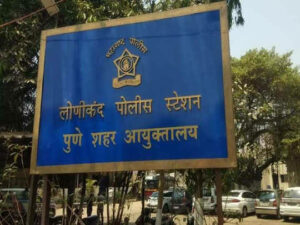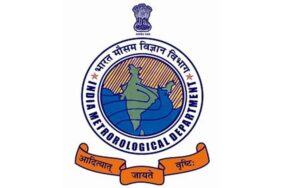CBSE moves to delete chapters on Ecology and Evolutionary amidst pandemic raise grave concerns

Manasi Saraf Joshi
Pune, July 10, 2020: Surprised over Central Board of Secondary Education’s (CBSE) move of removal over the entire chapters related to Ecology, Evolutionary and Systematics from Biology subject for class 10th, 11th and 12th, the Indian Society of Evolutionary Biologists (ISEB) has shown grave concerns over it.
The ISEB is planning to write to the Union Ministry of Human Resource Development (HRD). Biologists opined that complete removal of these topics since ecology and evolution is central to any understanding of the living world and, indeed, provide the conceptual framework within which we make sense of the amazing diversity of life-forms and life-processes, at various levels of biological organization. Without ecology and evolution, biology would be little more than a haphazard collection of interesting but unconnected facts.
While talking to Punekarnews.in, a Biology professor at Indian Institute of Science, Education and Research (IISER) and founding member of (ISEB) Prof. Sutirth Dey said, “deleting of the entire chapters related to evolutionary is surprising. The Ecology, Evolutionary and Systematics are the basics of understanding the living world and deleting them in such troubled times is not acceptable.”
ISEB in its press release has said, “since the direct consequence of our long-standing neglect of ecology and evolution in our biology curricula and research programmes is the relative paucity of epidemiologists in India.”
It added, “Societies today face many problems that require a solid and deep foundation in ecology and evolution if we are to have any hope of finding viable solutions to them. For example, crop improvement through animal and plant breeding, assessing the risks of genetically modified organisms, understanding and managing the myriad consequences of climate change and environmental degradation, controlling zoonotic diseases and pandemics, dealing with the evolution of multi-drug resistance in pathogens, managing agricultural and other pests and disease vectors, managing wildlife, ensuring the maintenance of important ecosystem services (e.g. pollination), understanding ageing and so-called lifestyle diseases, the appropriate use of DNA data for forensics and historical reconstruction, and understanding many aspects of human social behaviour and social pathologies, all require an approach steeped in ecological and evolutionary principles and concepts if we are to deal with them effectively. Ecology, evolution and systematics have already been neglected in Indian biology education and research for far too long, with immense detrimental effects on our ability to effectively tackle a wide variety of societal problems. In these times, it is crucial to redress the imbalance in biology education and research, rather than add to it.”
Dey said, “we understand that it was needed to reduce the curricula, but haphazardly deleting the key chapters is not acceptable. It would have been better to reduce the academic load on students by trimming advanced sub-topics from most chapters across the curriculum so that the students will get the overall understanding of Biology.
ISEB has appealed to CBSE to reconsider the present scheme of deletion of entire chapters on ecology and evolution from the biology curricula for Classes 10-12.





